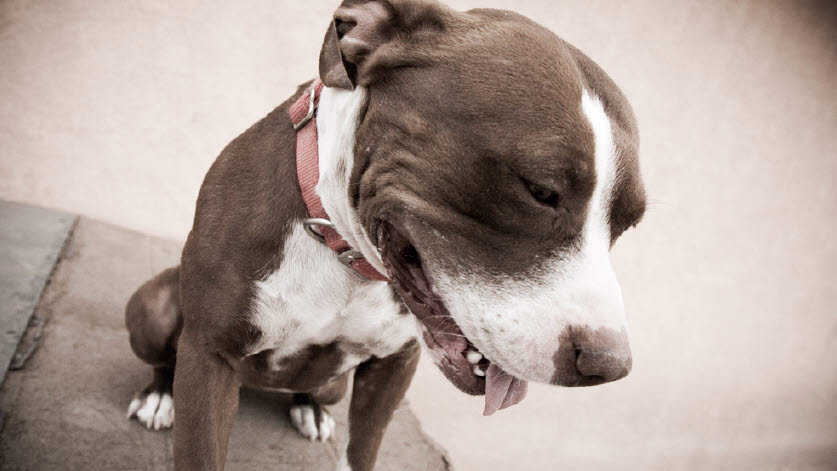Sudden pet weight loss

Today, nearly half of our dogs and one-third of our cats in Australia are deemed overweight or obese so when it comes to weight loss, it can often be a good thing! The problem is, if weight loss can’t be explained by lifestyle changes such as a change in diet or exercise routine, it can be an indicator of disease.
Why is my pet losing weight?
Weight loss is occasionally normal and easy to explain. Have you implemented any of the following lifestyle changes that could be attributed to your pets’ weight loss?
- Diet: Have you introduced a new diet? Some diets are lower in calories
- Increased activity: Has your pet been considerably more active recently?
- Stress: Have you got a new pet or had a new baby and could this have affected your pet’s eating habits?
Sudden, unexplained weight loss in pets
Persistent or sudden unexplained weight loss with no changes to diet, exercise or lifestyle is a concern. Weight loss greater than 10% of your pets’ body weight is considered significant and should be taken seriously. There are many conditions that exhibit sudden weight loss as a clinical symptom:
- Periodontal disease
- Liver disease
- Kidney failure
- Diabetes
- Cancer
- Orthopaedic diseases
- Neuromuscular diseases
- FIV in cats
- Parvovirus in dogs
Older pets and weight loss
Pets exhibit signs of ageing just as we do but any signs of weight loss should be investigated as soon as possible. Older pets sometimes struggle to get up in the morning and become less tolerant of exercise due to painful arthritis. It is not uncommon for these pets to lose weight over time due to a loss in muscle mass. There may be other reasons for weight loss that might be caused by an underlying endocrine disease or even cancer.
Dental pain in pets
Has your pet stopped eating or do they prefer wet food? Dental disease is a common cause of discomfort in our pets and some pets will not eat if they have a painful tooth. A vet will be able to assess your pets’ mouth and teeth to rule out any oral pain, inflammation or dental disease.
When to take your pet to a veterinarian
If your pet shows the following signs, you should book in for an appointment with your veterinarian:
- Increased drinking and urinating
- Inability to tolerate light exercise
- Limping
- Reluctance to get up in the morning
- Increased licking of one area
- Reduced or no appetite
- Disorientation or restlessness
- Vomiting
- Diarrhoea
- Tremors
What will the vet do?
If your pet has lost weight and you can’t explain it, make an appointment with your vet as soon as possible. Your veterinarian will systematically work to understand the source of the sudden weight loss. This will include:
- Discussing the pets’ history with you – this helps the vet to understand any indicators pointing toward lifestyle or environmental factors that could be contributing to weight loss.
- Perform a physical examination – your vet will look closely for any signs of abnormality.
You may be advised to proceed with further investigation:
- Undertake blood work – this helps your vet to further rule out a range of specific conditions and diseases. In more complicated cases, this greatly assists to build a picture of what may or may not be occurring in the disease process.
- Take X-rays – imaging of your pet will provide the ability to examine any abnormalities, looking closely at organs such as the heart, liver or kidneys. Barium studies can be conducted to assess the gastrointestinal tract.
- Perform an ultrasound – a more dimensional imaging approach allows your vet to understand if any abnormal structures are present.
Treatment will depend on the underlying cause of weight loss and may simply involve some pain relief or daily medication to treat the condition. You should always contact your veterinarian if your pet’s weight has changed and you are concerned.
